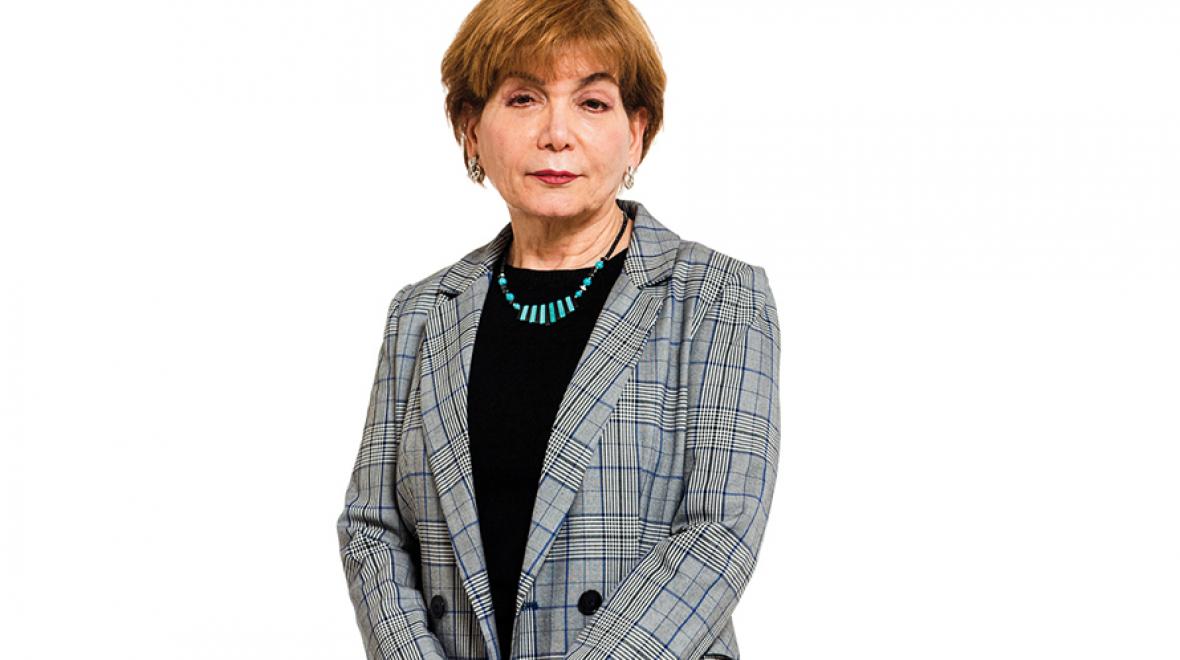
Photo:
Mahnaz K. Eshetu | Photo credit: Will Austin
Mahnaz Eshetu is proud to be an immigrant. But she says her story is very different from those of the refugees she serves today as the executive director of the Refugee Women’s Alliance.
“Immigrants like me come by choice. Refugees are escaping. They leave their countries because they are subject to war, execution, persecution. Before they come, they often spend years in camps,” she says.
Founded in 1985 to help Southeast Asian women resettle, the Refugee Women’s Alliance (ReWA) has grown into one of the largest nonprofit refugee service providers in the Puget Sound area. ReWA leverages public and private funding to provide wraparound services to refugee families.
“We serve the whole family. Women are the center of that,” says Eshetu. This comprehensive, family-focused approach may include job training, language classes, homework help, and naturalization and legal services. Communicating in 50 languages, ReWA caseworkers help refugee families access social services and obtain permanent housing. ReWA operates bilingual early learning centers that prepare children for school and make it easier for both parents to work. In short, ReWA helps each family get the type of help it needs to be successful at building a better life in a new country.
“My passion,” says Eshetu, “is to help parents get on a career path so that they can help their children succeed. I don’t think of this work as heroic. To me, it is a privilege to work with such wonderful people and see them make a real difference.”
Who is your personal hero?
Right now, Barack and Michelle Obama.
What do you want people to understand about your work?
I wish people understood that people who come to this country aren’t looking for a handout. They are looking to build a life, and what they are bringing to the country has value.
What’s one small action our readers can take in their own lives to make positive change happen?
Be open to possibilities. Be open to learning about cultures and people before making judgements. Don’t base opinions on appearance, accents or where someone was born. Outside of our own usual boxes there is a whole world of exciting cultures, people and values. Every one of them has good elements that we can gain something from. That’s what makes America great.
What one thing did an adult or mentor do for you as a youth that helped you succeed?
My role models are my mother and grandmother, both professional women who dedicated their lives to the well-being of the community and wanted to make a difference.
What is your best advice for kids with big ambition?
Give yourself a chance and have a plan, and have a backup plan, because life is interesting, and you never know what will happen. Don’t limit yourself.
If you could have a superpower, what would it be?
If I had a superpower, I would be able to make our politicians look at our social service system and see how it is broken. It keeps people down instead of helping them up. I am dealing with people who want to move ahead but can’t accept a raise or better job because they can’t afford it. A tiny increase in pay will cause them to lose health care, reduced-price school lunch and other services they depend on. We have to fix this system that cuts people off before they are self-sufficient.
If you could dine with anyone, living or dead, whom would that be and why?
Gandhi and Michelle Obama. They are both for social change in a good way. Both look at what is best for the whole community, not just what is best for one segment of it.
Favorite read of the past year?
“Becoming” — Michelle Obama’s memoir is just outstanding. It is inspirational for young women.
Fill in the blank:
What the world needs now is peace and understanding.











